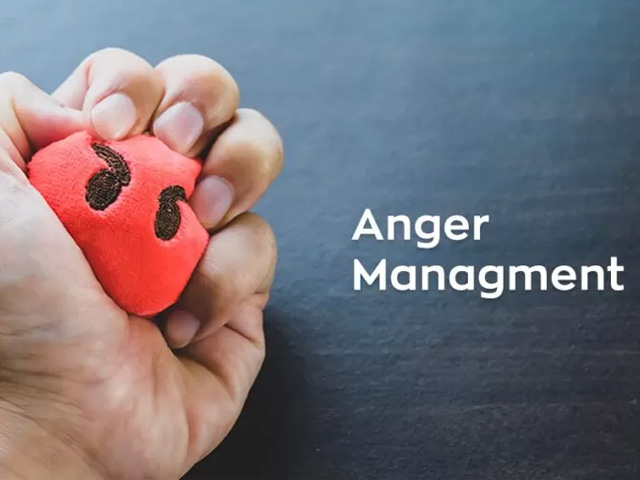
Anger Management: Treatment and Tips
Anger management is controlling our behaviors whenever we feel angry as much to harm ourselves or others. It means recognizing our emotions and being able to express them without hurting anybody. With anger management, the frequency and severity of seizures can be reduced and better communication in interpersonal relationships can be achieved. Anger control can be developed with self-learned techniques or with the support of a specialist.
So what is anger?
Anger is a strong feeling of annoyance and displeasure that we all experience from time to time. To some extent, it is part of the natural flow of life and can be useful for releasing strong emotions. When it becomes directed at the people and objects around us, it can turn our lives upside down. It can fill our social and work life with extreme problems.
According to clinical studies, about 10% of people have this problem. In verbal surveys, about 30% of the population reported that they were bothered by their own anger attacks and about 30% reported that they had a relative or close friend with this problem.
Symptoms of anger issue
If you are wondering whether anger can be considered as clinical, observe if the following symptoms are present:
- Faster heartbeat
- Tense muscles
- Feeling hot
- Being unable to sleep or relax
- Feeling humiliated
- Shouting
- Starting fights
- Breaking things
- Self-harming
Is expert support necessary for anger management?
Learning to control emotions is part of healthy socialization. As people mature, they learn to release or suppress their emotions depending on the occasion. People with anger problems can also learn to fight this problem on their own and develop self-techniques for emotion control. To speed up the solution however, it is wise to seek the support of a specialized psychotherapist, especially in the initial stages.
Psychotherapy can contribute to the following:
1- Discovering the causes
Therapy can help the person to identify the causes of anger. By identifying the situations, events or people that cause anger, the person can begin to take the necessary measures before bursts.
2- Emotional awareness
Therapy can increase a person’s emotional awareness. By recognizing their emotions before they hurt someone or something, people can avoid situations that trigger anger or react better.
3- Learning emotion management skills
Therapy can teach the person different strategies. These strategies may include reducing the nerve, finding better ways to express themselves and using relaxation techniques.
4- Improving communication skills
Therapy can help the person to express strong emotions properly and to communicate with other people in a healthy way.
5- Reducing negative influences
Therapy can also help reduce the negative outcomes. The person can regain jobs, family members or friends who have been lost due to the tantrums.
How can I manage anger by myself?
As soon as you feel a tantrum approaching, try the following:
- Take slow, deep breaths until you feel relaxed and try to be outside in fresh air
- Talk to a trusted friend about your story and feelings
- Get busy with a physical exercise you can (even a simple walk will be great)
- Take short breaks when stress levels rise
- Focus on solutions to relieve anger instead of its causes
- Use „I” language instead of „You” language when you need to speak
- Try to remember the negative consequences of past anger experiences
- Take advantage of the magical effects of humor and laughter. Try to remember memories that made you laugh
- Learn ways to improve your communication skills
- Seek professional support when you feel you cannot fix the problem on your own

